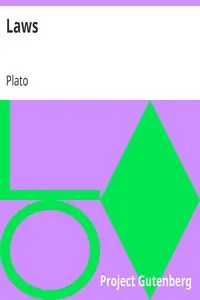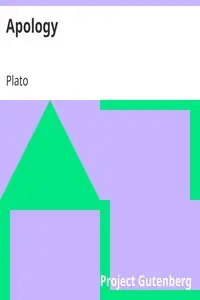"Symposium" by Plato is a philosophical dialogue written during the late 4th century BC. The work centers on a banquet at which prominent figures, including Socrates, Phaedrus, Aristophanes, and Alcibiades, take turns delivering speeches in praise of love, exploring the various dimensions and ideals of the concept. Through their discussions, the dialogue delves into themes such as the nature of love, the relationship between physical attraction and deeper emotional connections, and the role of love in achieving virtue and wisdom. The opening of the "Symposium" introduces a character named Apollodorus, who recounts the events of the banquet, eager to share the speeches on love he learned from his friend Aristodemus. Apollodorus describes how Socrates, invited by Agathon to the celebration following his victory in the dramatic competitions, engages with various guests, each of whom presents their unique perspectives on love. Notably, the speeches explore the distinctions between different types of love—earthly vs. heavenly—and the implications of love on personal virtue and societal dynamics, setting the stage for a rich examination of this central human experience that runs throughout the dialogue. (This is an automatically generated summary.)

Symposium
By Plato
"Symposium" by Plato is a philosophical dialogue written during the late 4th century BC. The work centers on a banquet at which prominent figures, inc...
Genres
Released
1999-01-01
Formats
epub
epub3 (images)
epub (images)
mobi
mobi (images)
Free Download
Overview
About the Author
Plato, born Aristocles, was an ancient Greek philosopher of the Classical period who is considered a foundational thinker in Western philosophy and an innovator of the written dialogue and dialectic forms. He raised problems for what became all the major areas of both theoretical philosophy and practical philosophy, and was the founder of the Platonic Academy, a philosophical school in Athens where Plato taught the doctrines that would later become known as Platonism.
Total Reviews
10.0k
Total reviews from Goodreads may change


















